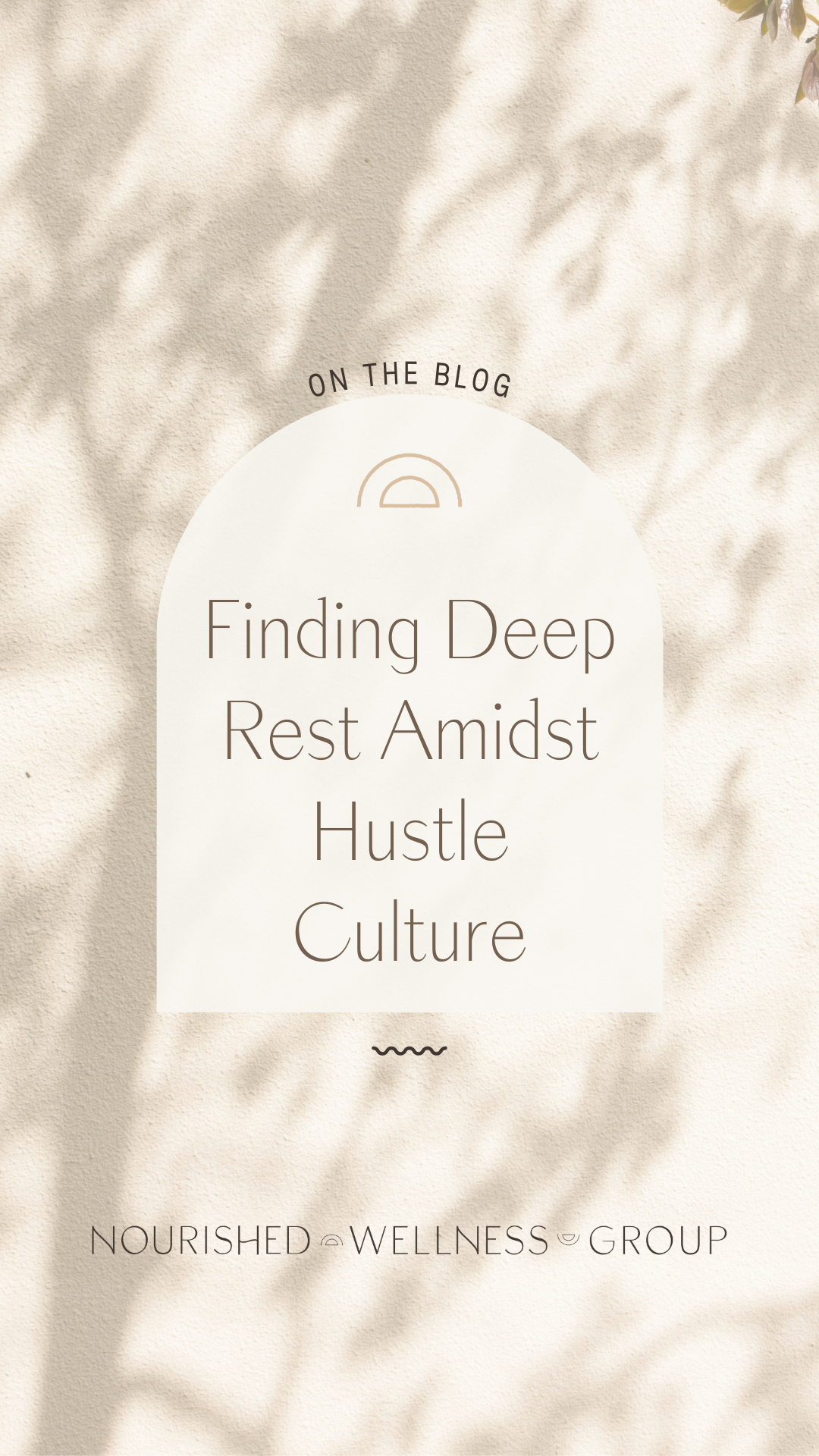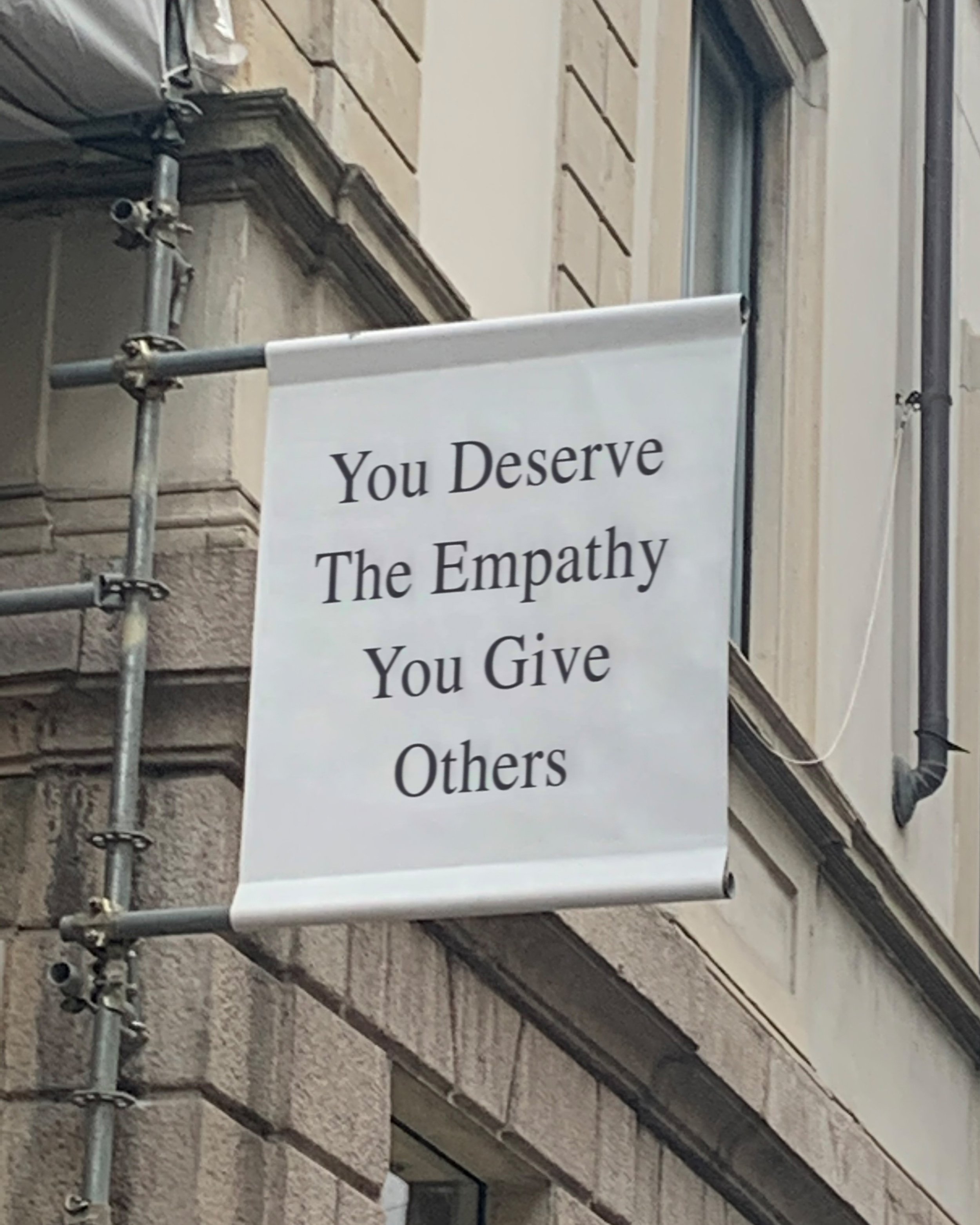A Path to Relieving Chronic Pain
The beginning of the Road
"In the face of chronic pain, we discover the remarkable capacity of the human spirit to endure and heal."
Chronic pain can be a relentless and debilitating condition, affecting millions of people worldwide. It often goes beyond the physical realm, deeply impacting one's mental and emotional well-being. In the quest for relief, many individuals find that traditional medical treatments alone may not provide the complete solution they need. Holistic psychotherapy offers a unique and integrative approach to address both the physical and psychological aspects of chronic pain, ultimately helping individuals find lasting relief and improved quality of life.
Understanding Chronic Pain
Chronic pain is defined as persistent discomfort that lasts for more than 12 weeks, often outlasting the initial injury or illness. Conditions like fibromyalgia, migraines, arthritis, and chronic back pain are some common examples. The experience of chronic pain extends beyond the physical sensation of discomfort; it can lead to feelings of frustration, depression, anxiety, and reduced overall quality of life.
Holistic Psychotherapy: A Comprehensive Approach
Holistic psychotherapy is an approach that recognizes the interconnectedness of the mind, body, and spirit. It aims to address not only the physical symptoms but also the psychological and emotional aspects of chronic pain. Here's how holistic psychotherapy can help individuals with chronic pain:
Identifying Psychological Triggers: Holistic psychotherapists work with patients to identify the emotional and psychological factors that may contribute to their pain. Trauma, stress, and unresolved emotional issues can exacerbate chronic pain. By identifying these triggers, individuals can develop strategies to manage and alleviate their pain more effectively.
Stress Reduction Techniques: Chronic pain often leads to increased stress levels, which can, in turn, exacerbate the pain. Holistic psychotherapists teach stress-reduction techniques such as mindfulness, relaxation exercises, and meditation to help individuals better manage their stress, thereby reducing pain.
Coping Strategies: Living with chronic pain can be mentally challenging. Holistic psychotherapy equips individuals with effective coping strategies to improve their mental resilience and emotional well-being. By reframing their thoughts and perceptions, patients can regain a sense of control and reduce the impact of pain on their lives.
Biofeedback and Mind-Body Techniques: Holistic psychotherapy may incorporate biofeedback and mind-body techniques like yoga, Tai Chi, and guided imagery. These practices can help individuals develop a better connection between their mind and body, potentially reducing pain and promoting healing.
Lifestyle and Nutrition: Holistic psychotherapists may address diet, exercise, and lifestyle choices that can impact chronic pain. For instance, a healthy diet and regular exercise can reduce inflammation and improve overall well-being, contributing to pain relief.
Collaborative Care: Holistic psychotherapy often involves a collaborative approach with other healthcare providers, such as physical therapists, pain management specialists, and physicians. This multidisciplinary approach ensures a well-rounded treatment plan.
The Holistic Psychotherapy Process
The holistic psychotherapy process typically involves these steps:
Assessment: The therapist assesses the individual's physical and emotional condition, along with their medical history, to gain a comprehensive understanding of their chronic pain experience.
Goal Setting: Together, the therapist and patient set specific, measurable goals for pain management and overall well-being.
Treatment Plan: The therapist develops a personalized treatment plan that may include talk therapy, relaxation techniques, biofeedback, and other holistic practices.
Progress Evaluation: Regular check-ins with the therapist help track progress and make adjustments to the treatment plan as needed.
Education: Individuals are educated about their condition and provided with tools and techniques to manage their pain effectively.
References
Lee, B., Kwon, C. Y., Lee, H. W., Nielsen, A., Wieland, L. S., Kim, T. H., Birch, S., Alraek, T., & Lee, M. S. (2023). Needling Point Location Used in Sham Acupuncture for Chronic Nonspecific Low Back Pain: A Systematic Review and Network Meta-Analysis. JAMA network open, 6(9), e2332452. https://doi.org/10.1001/jamanetworkopen.2023.32452
Liu, Z., Shi, J., Huang, Y., Zhou, X., Huang, H., Wu, H., Lv, L., & Lv, Z. (2023). A systematic review and meta-analysis of randomized controlled trials of manipulative therapy for patients with chronic neck pain. Complementary therapies in clinical practice, 52, 101751. https://doi.org/10.1016/j.ctcp.2023.101751
Wipplinger, F., Holthof, N., Andereggen, L., Urman, R. D., Luedi, M. M., & Bello, C. (2023). Meditation as an Adjunct to the Management of Acute Pain. Current pain and headache reports, 27(8), 209–216. https://doi.org/10.1007/s11916-023-01119-0
Zhang, Y., Wang, S., Ma, X., Yuan, Y., Cheng, H., Lin, L., & Tian, L. (2023). Massage therapy can effectively relieve cancer pain: A meta-analysis. Medicine, 102(27), e33939. https://doi.org/10.1097/MD.0000000000033939
__________________________________
Pin This Post!
Related Posts
If this post was helpful, you might also like these…









